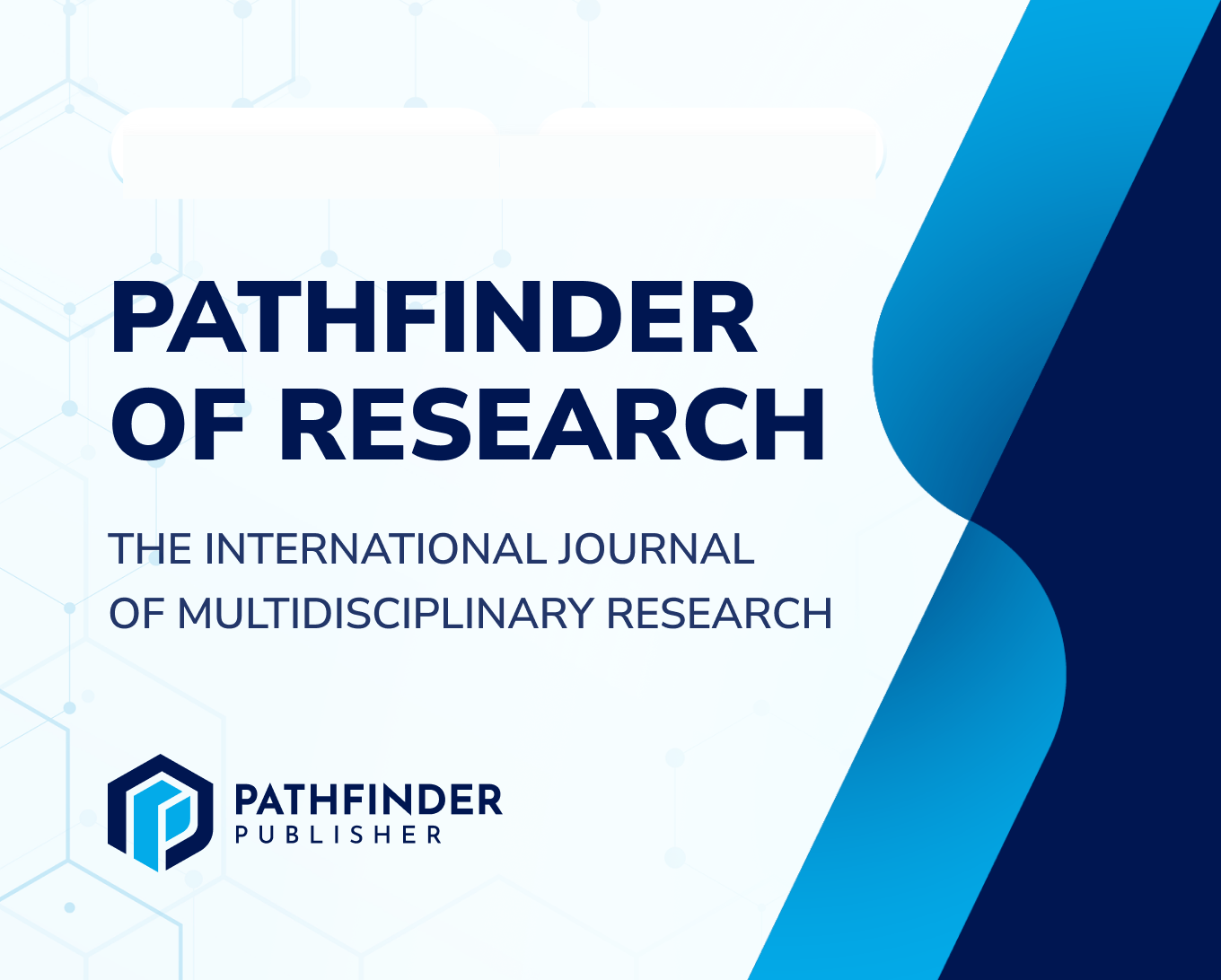Transforming to Smart Healthcare: AI Innovations for ImprovingAffordability, Efficiency, and Accessibility
DOI:
https://doi.org/10.69937/pf.por.2.2.21Keywords:
Artificial Intelligence, Healthcare, Diagnosis, Therapy, AccessibilityAbstract
Artificial Intelligence (AI) is revolutionizing the healthcare sector by addressing its most pressing challenges: cost, efficiency, and access to quality care. As healthcare costs escalate and the demand for patient-centred services intensifies, the significance of AI in enhancing healthcare delivery has become essential. This paper examines the diverse uses of AI, including as predictive analytics, natural language processing, and machine learning, which are transforming diagnosis, therapy, and patient care. AIdriven diagnostic tools decrease expenses by reducing misdiagnoses and superfluous testing, while predictive models enhance resource allocation, hence enhancing operational efficiency. Moreover, AI-driven virtual health assistants and telemedicine platforms enhance accessibility to healthcare services, particularly in marginalized areas. Nonetheless, despite these developments, the implementation of AI in healthcare presents hurdles. Concerns regarding data privacy, the necessity for regulatory frameworks, and possible biases in AI systems require meticulous attention. This study emphasizes the present influence of AI on healthcare expenses, efficiency, and accessibility, while also stressing the necessity of ethical and regulatory frameworks to guarantee the equitable, safe, and successful application of AI technology. By confronting these difficulties, AI has the capacity to transform healthcare, rendering it more economical, efficient, and globally accessible.



